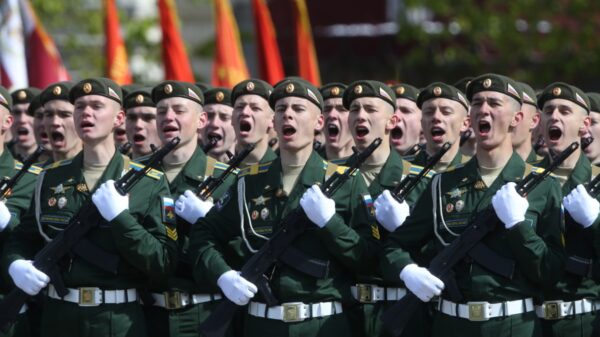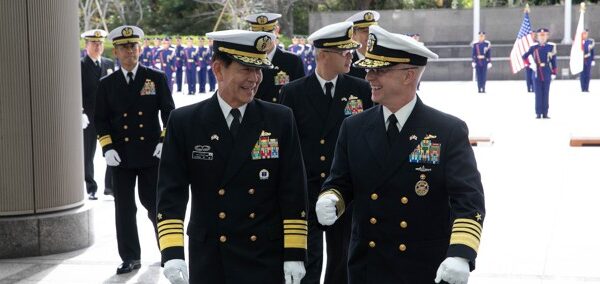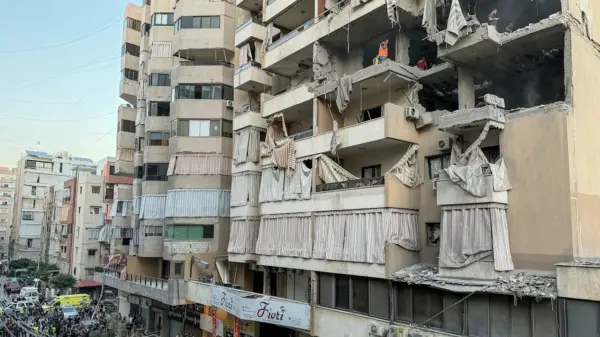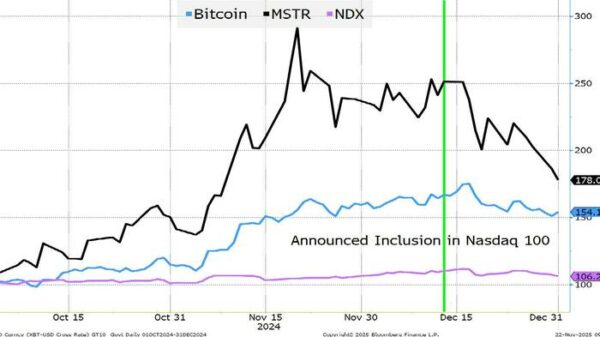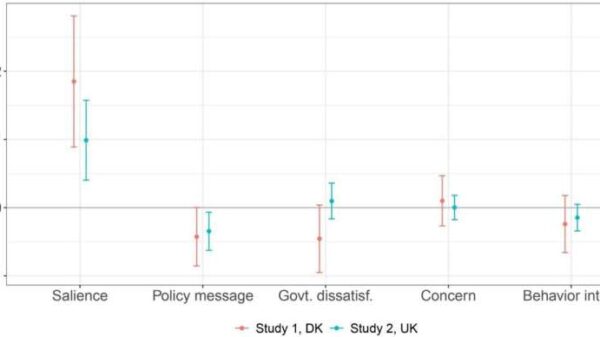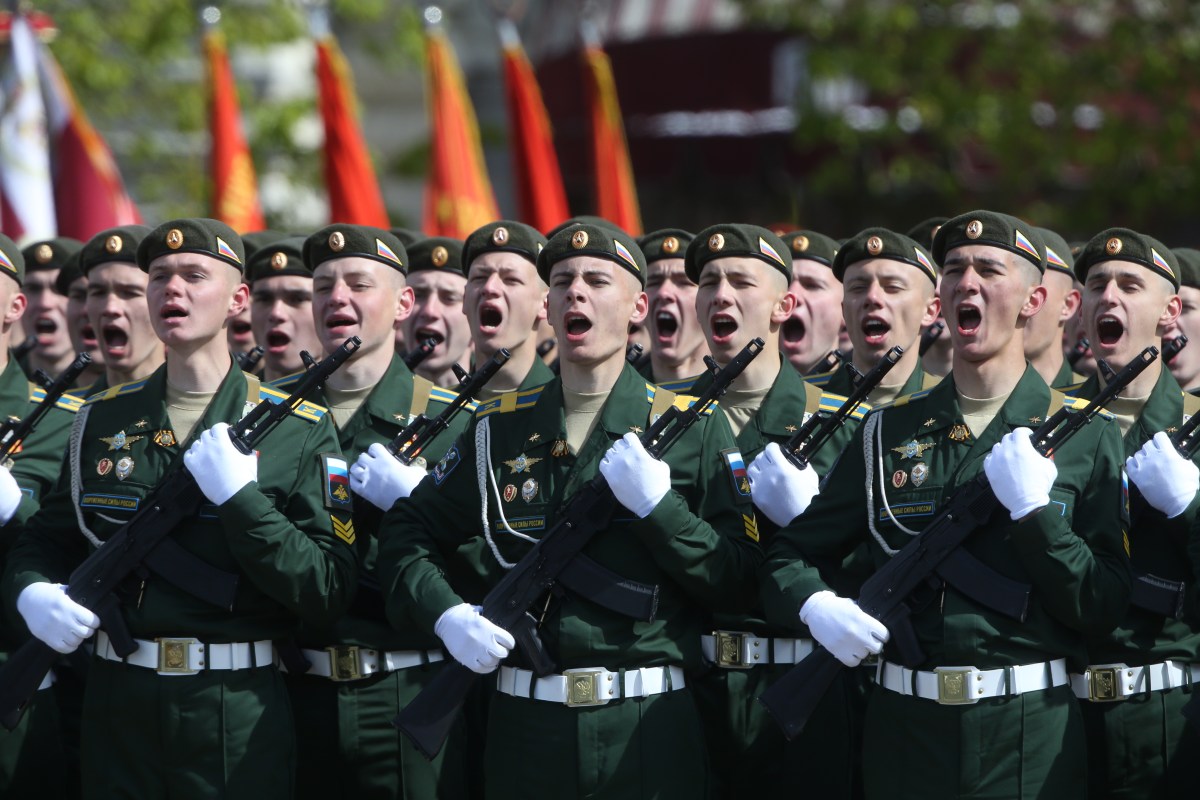BREAKING: Payments for Russian soldiers fighting in Ukraine have been suspended due to a critical budget shortfall, raising alarms about the financial stability of Russia’s military operations. Ivan Alekseev, the finance minister of Yakutia, confirmed that troops from this far-eastern republic will not receive bonuses and one-time payments, as reported by local media.
This urgent development signals a potentially devastating blow to Vladimir Putin’s efforts to maintain troop morale amid ongoing military challenges. Despite pledging record military spending to attract recruits, the inability to pay soldiers reflects deeper liquidity problems within Russia’s war machine.
Authorities report that recruitment centers in Yakutia are struggling to meet 40% of Moscow’s established quotas, with local officials expressing concerns over heavy losses and low payments. Earlier today, Alekseev stated in a televised address that the suspension was due to unpredictable financial demands, but assured viewers that “all payments will be made soon.”
The financial implications are staggering. Previously, Yakutia allocated up to 2.6 million rubles (approximately $29,000) per contract soldier, with bonuses varying from federal, regional, and municipal budgets. However, in recent weeks, four federal subjects—including Tatarstan and Chuvashia—have drastically reduced bonuses from over 2 million rubles ($20,000) to just 400,000 rubles ($4,000), according to reports from the Jamestown Foundation.
As sanctions tighten around Russia due to Putin’s aggressive policies, regional governments are finding it increasingly difficult to incentivize recruitment. The financial burden of attracting volunteers is straining local budgets, leading to cuts in promised payments and bonuses. This trend could have severe repercussions for Russia’s military capabilities as the war in Ukraine continues.
Officials in Yakutia remain optimistic that payment issues will be resolved promptly, but the reality is that further economic strain on the military could complicate recruitment efforts as the war drags on. The situation is being closely monitored, with implications that could extend beyond military logistics to impact the broader Russian economy.
The urgency of this situation cannot be overstated. As payments remain suspended, the morale of troops and their families hangs in the balance, highlighting the human cost of ongoing conflicts. As reports continue to emerge, the spotlight remains on Moscow’s financial strategies and their sustainability amid increasing international isolation.
What happens next? Watch for updates on the resolution of these payment suspensions and how this situation may affect recruitment and military operations in the coming days.




